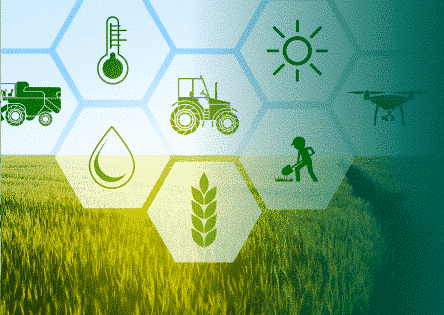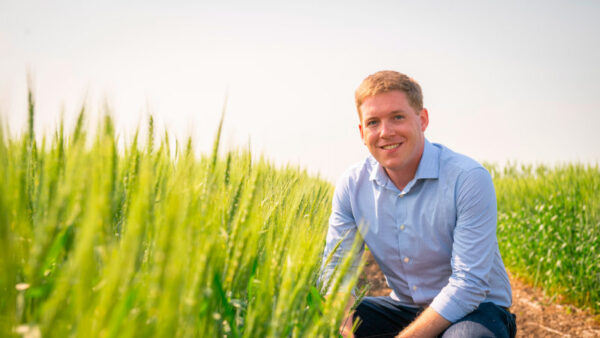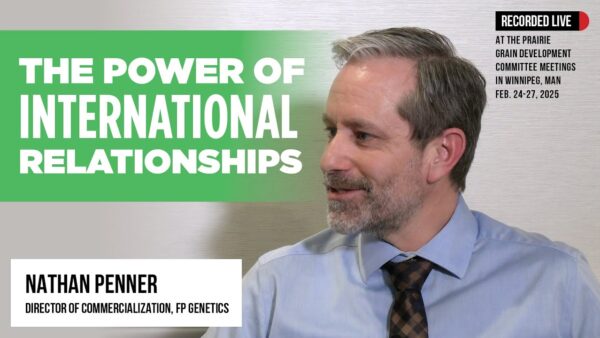Canadian seed sector stakeholders converged in February to put forth a vision for what the future of Canada’s seed regulatory framework needs to look like to better enable innovation and bring new seed varieties to market faster.
Seed Summit 2022 took place over three half-day sessions that focused on a trio of subjects, namely the past, present and future of the seed regulatory system, what producers need to thrive and feed the world of the future, and what plant breeders need to deliver new varieties to market faster.
The summit was initiated by Seeds Canada in partnership with a number of producer and commodity groups: Cereals Canada, Canola Council of Canada, Canadian Canola Growers Association, Canadian Horticultural Council, Western Canadian Wheat Growers, Soy Canada, Grains Farmers of Ontario, and the Ontario Agri-Business Association and the Western Grain Elevator Association.
There were three major takeaways from the Summit: Canada needs a better system to compete on the world stage, trust amongst players is needed to build an effective regulatory system, and regulations should serve as boundaries, not barriers.
“As a farmer who grows corn, wheat and soybeans, I actually buy three-quarters of my seed every year. As I look to adapting to climate change, and the need to implement new technologies to do that, I don’t want the system to delay me access to tools I need to help with nitrogen use efficiency, or a system that delays me access to a corn hybrid that can improve that,” said Mark Brock, co-owner of Shepherd Creek Farms in Ontario.
“We need to find a way to accommodate everyone’s needs, to simplify the process and provide those tools to farmers. That will benefit everyone in the entire seed system.”
https://germination.ca/innovation-experts-say-regulations-should-serve-as-boundaries-not-barriers/











